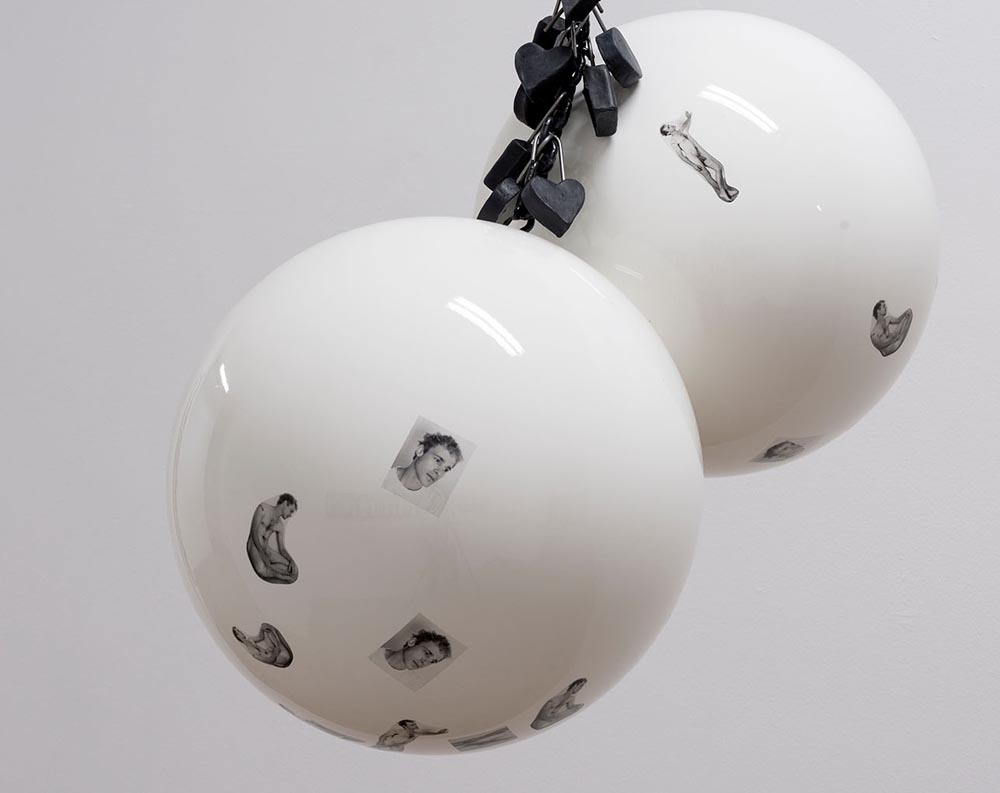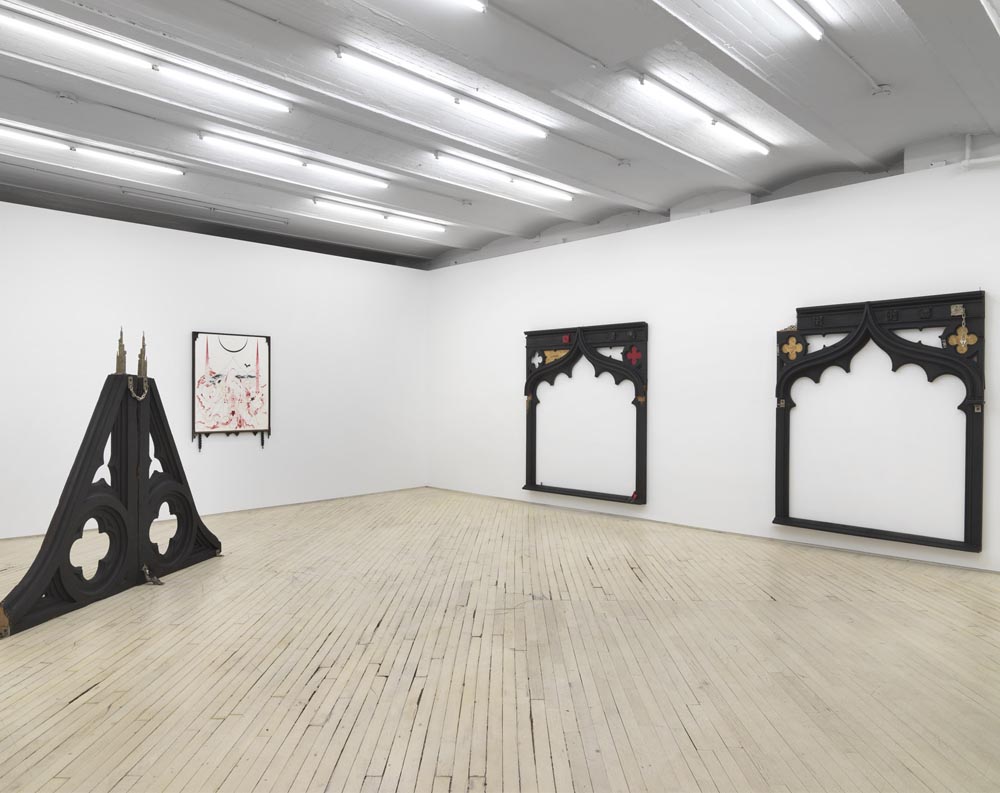OFLUXO
Margot Pietri
At Musée de la Céramique, Lezoux, France
Presented by Institut d’Art Contemporain, Villeurbanne
October31, 2020 — March 14, 2021
Photography by Blaise Adilon
Beyond a possible signature, the graffiti plays witness to an address. An indication of time or space to a reader. A inkling of information destined to become one with time. At the Museum of Ceramics of Lezoux, the signs and symbols left behind by Roman potters are echoed by the work of Margot Pietri and suggest a reflection on present and future archaeology and the traces left behind by societies. A cross, a line, a geometric figure have no meaning outside of a plane, outside of a common point of reference. In the Hobo code, they can warn the wanderer of possible dangers, but for other communities, their meanings will be radically different. The clues left by the artist only come to light when they are considered in a community, when the works are established in a network. Produced in series – but handmade – the terracotta objects kept in the galleries respond to the same forms but with imperfections and idiosyncracies. The wood and resin sculptures also take up generic forms, without the use of moulds, but with the stroke of each gesture. These details reveal production systems referring to standards but without the means or the desire to apply them.
As the architect Philippe Rahm recalls, it is the study of infrastructures that reveals the most knowledge about a civilization, its technological know-how, its political organization, its economic governance and even its philosophical principles. The aqueducts or the foundations of Roman buildings make us look at our own electrical and communication networks, the way in which our utility poles translate a grip on the territory. The parking and gas meters, telephone and postal boxes from which Margot Pietri draws inspiration are part of the landscape; they reveal a place buried far beneath the interfaces we are used to. Increasingly technical, the modern world as analyzed by Radovan Richta no longer considers man as the primary factor of production – instead, scientific invention and technical innovation. We are surrounded by machines that we do not understand individually but which bend and interact to maintain the conditions of modern life and its means of communication. The artist, through fiction, imagines what these technical objects could teach us, which design is trying to render ever more discreet.
Margot Pietri’s floor sculptures lay on a balance of materials – even the assembly of wall pieces creates a feeling of tension. Metallic rulers whose cursors move like hands invite us to find a sense of scale, to become emotionally involved with these markers whose titles establish a form of dialogue: 0 notifications, all is well, forgot to update, inadequate,…. Beyond evoking symbolic functions, the artist insists on variants, the degrees between the moon and the sun, on and off, sadness and joy. Her work is based as much on the moods conveyed by her totem-sculptures as by their colors – from the blue of water to the flashing yellow of a warning sign – as by their aged or wet qualities or their shapes. The neologism created of mfascia, a contraction of empathy, face and fascia, membranes that act as glue at the scale of our bodies, evokes a complex relationship between man and technique without denying the emotion that is associated. The sculptures, which call for an interaction with bodies, curves, ergonomic angles, seem possible to grasp. Transitional objects, these structures vested with beliefs and emotions define new writings, new limits, able to translate the contemporary.
— Henri Guette
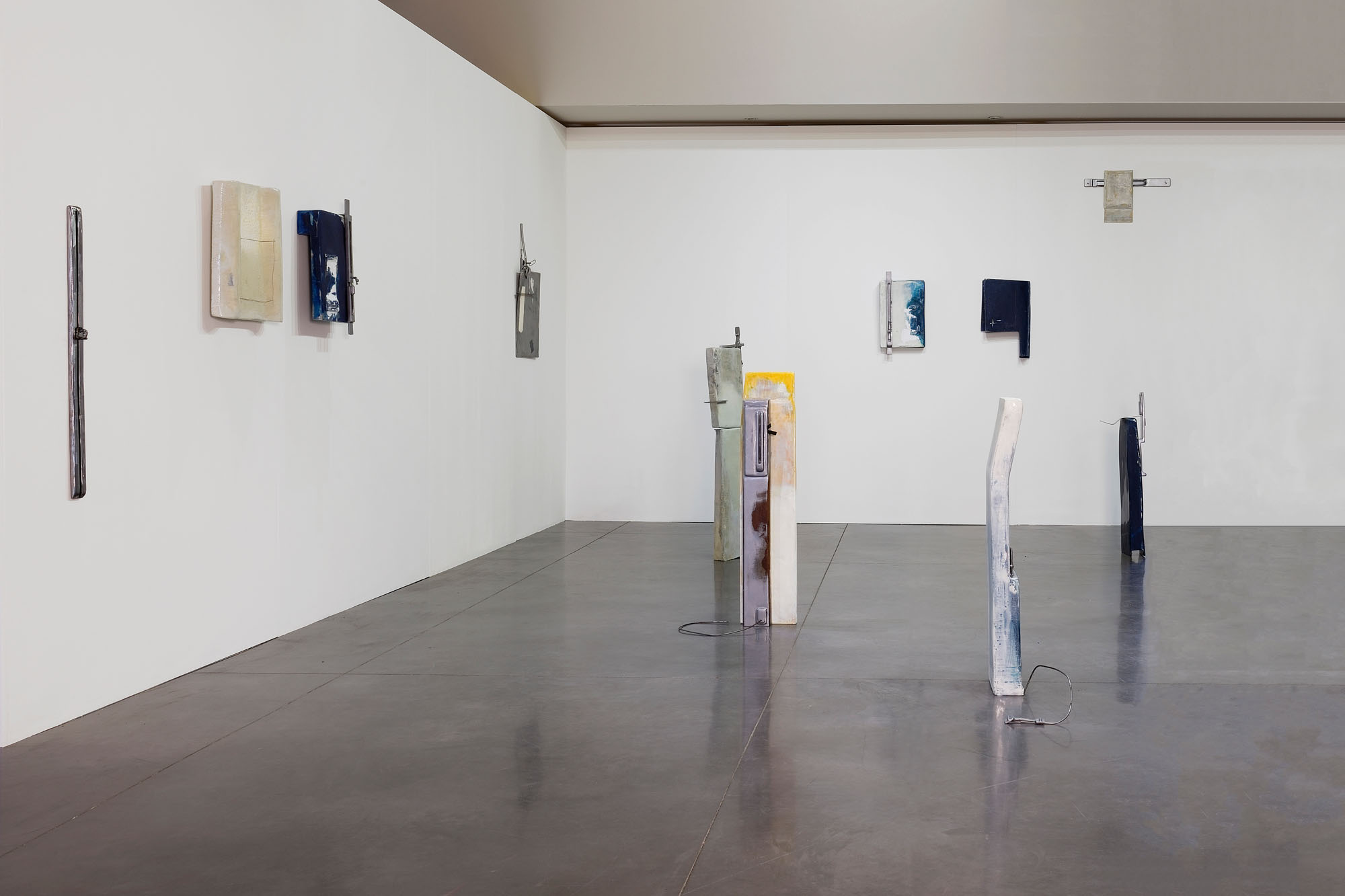
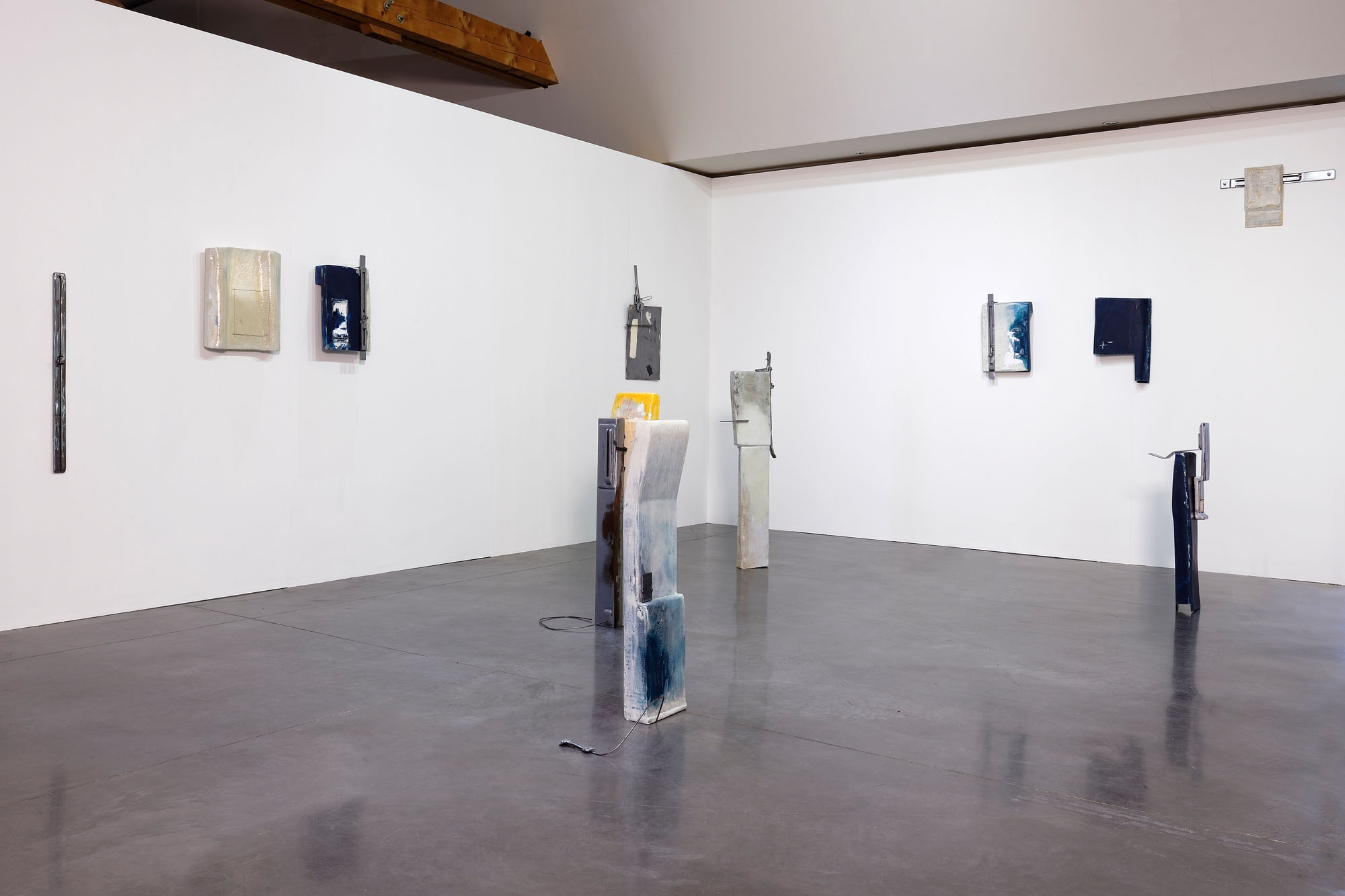
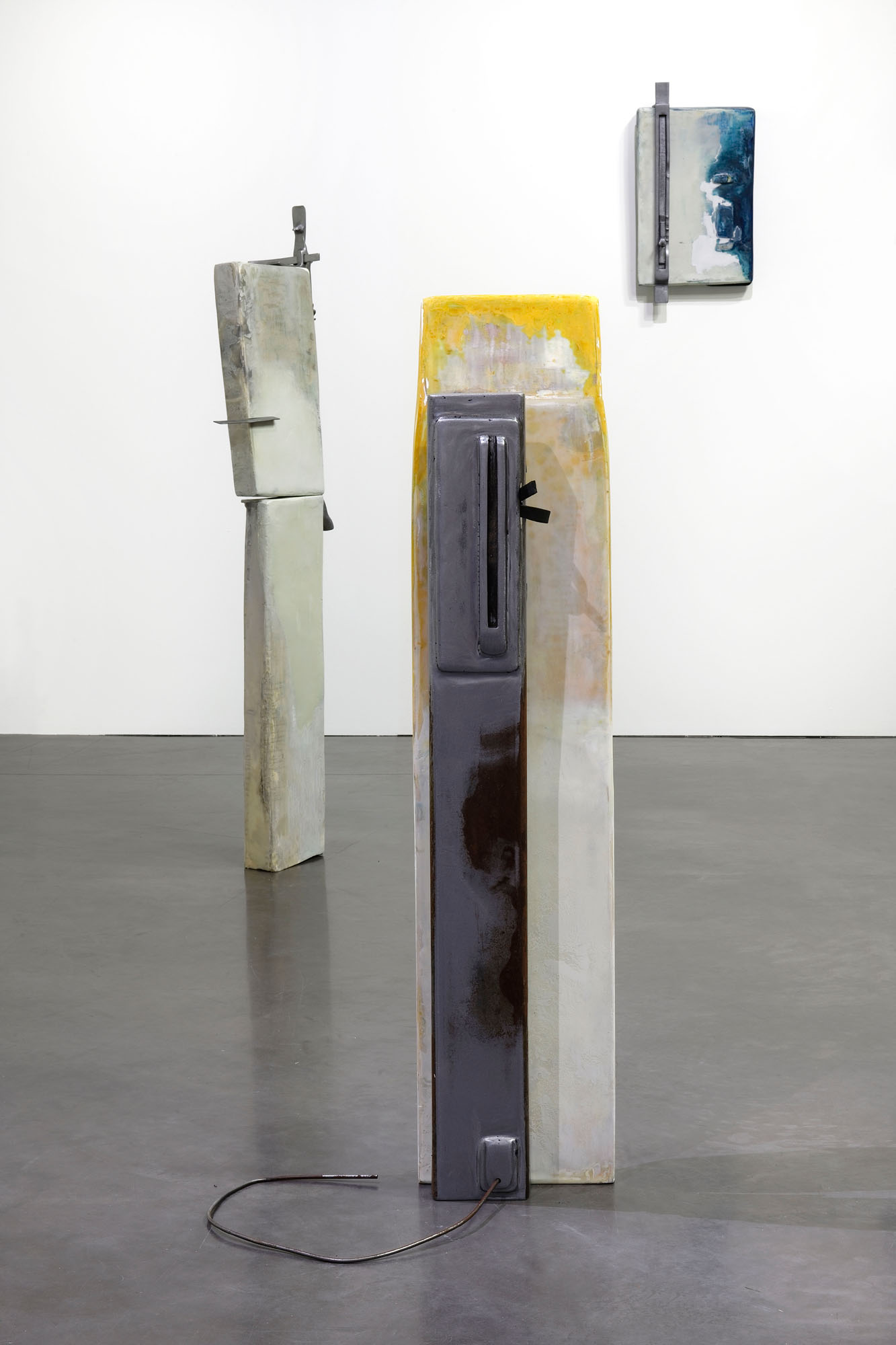
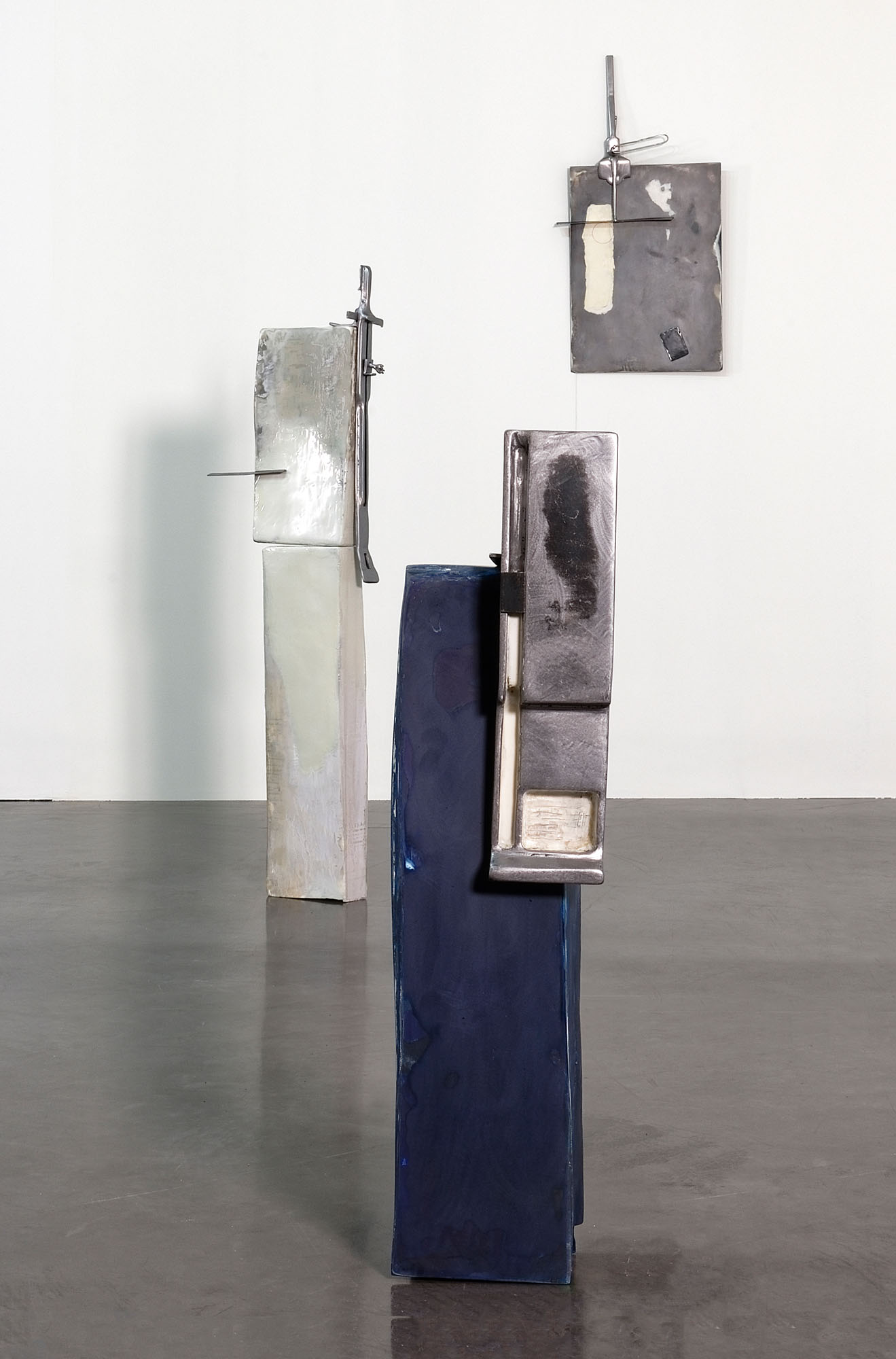
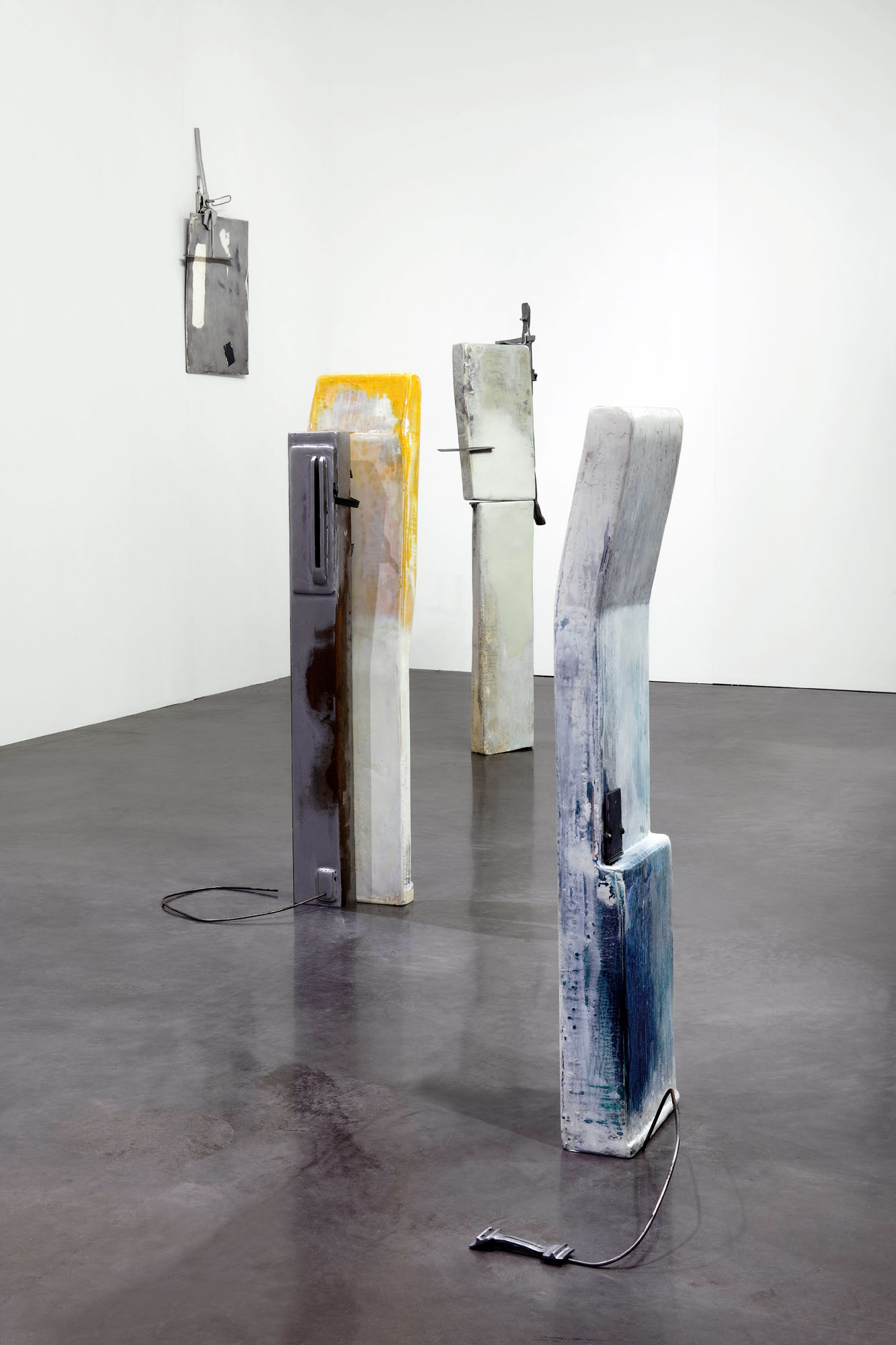
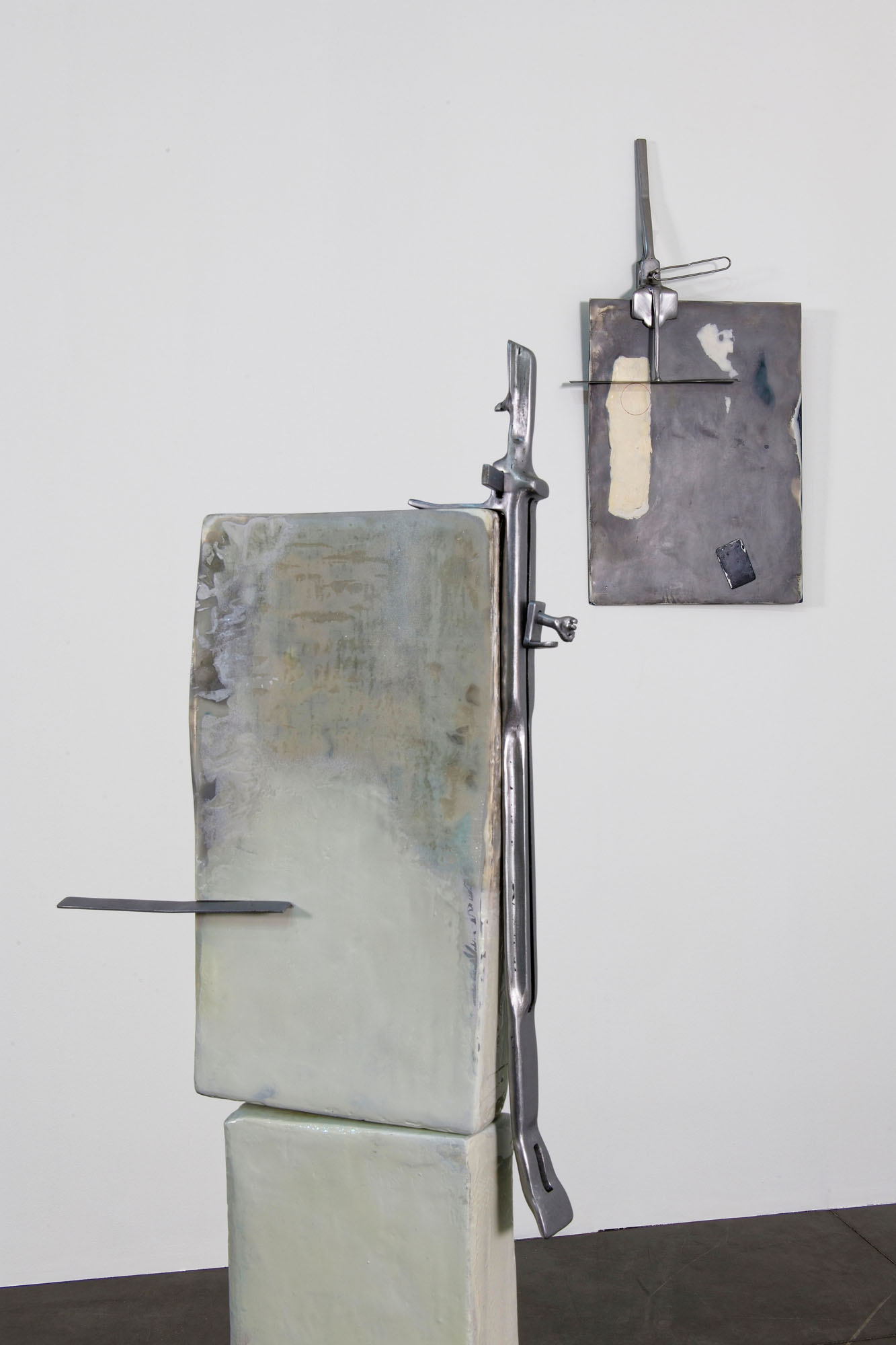
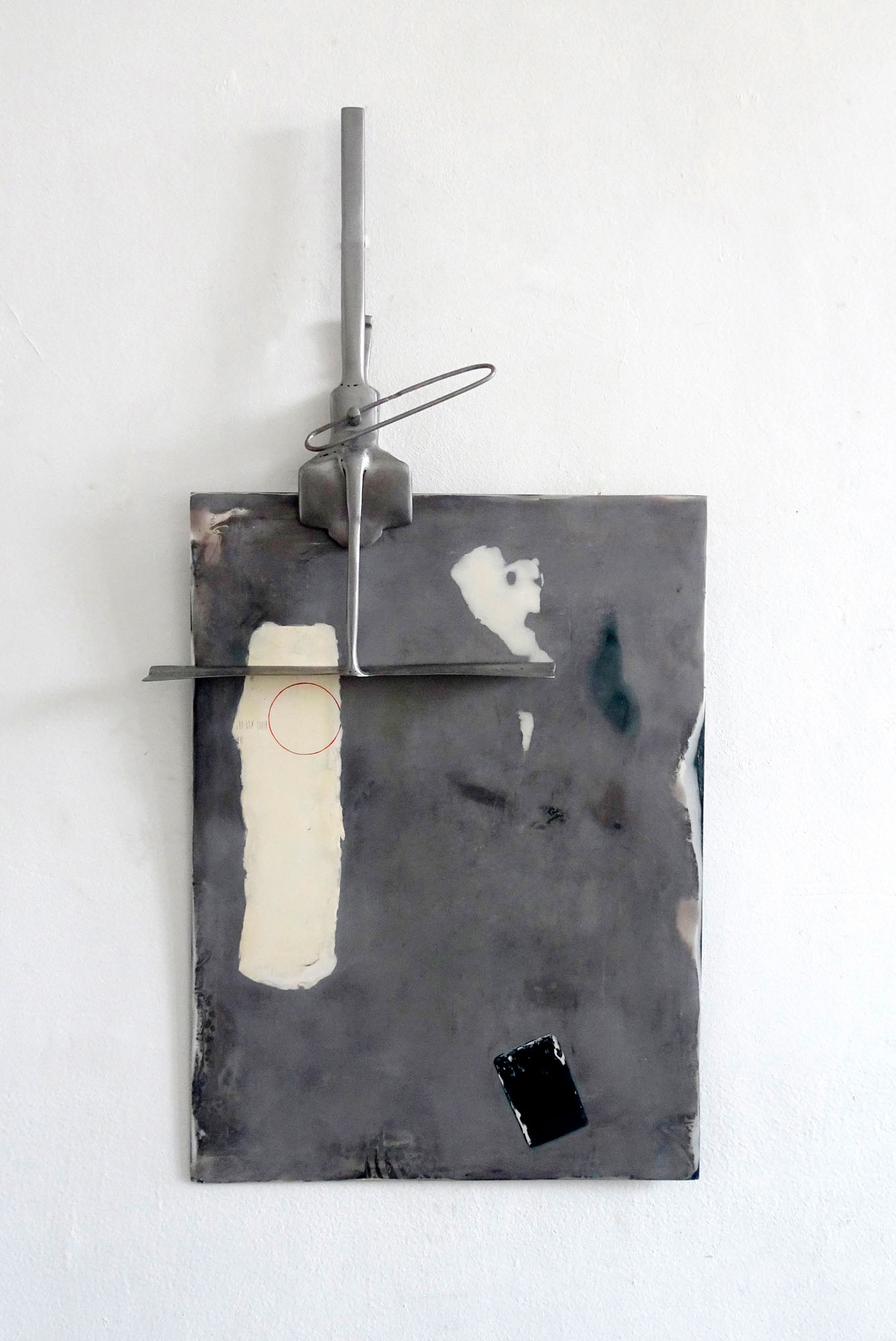
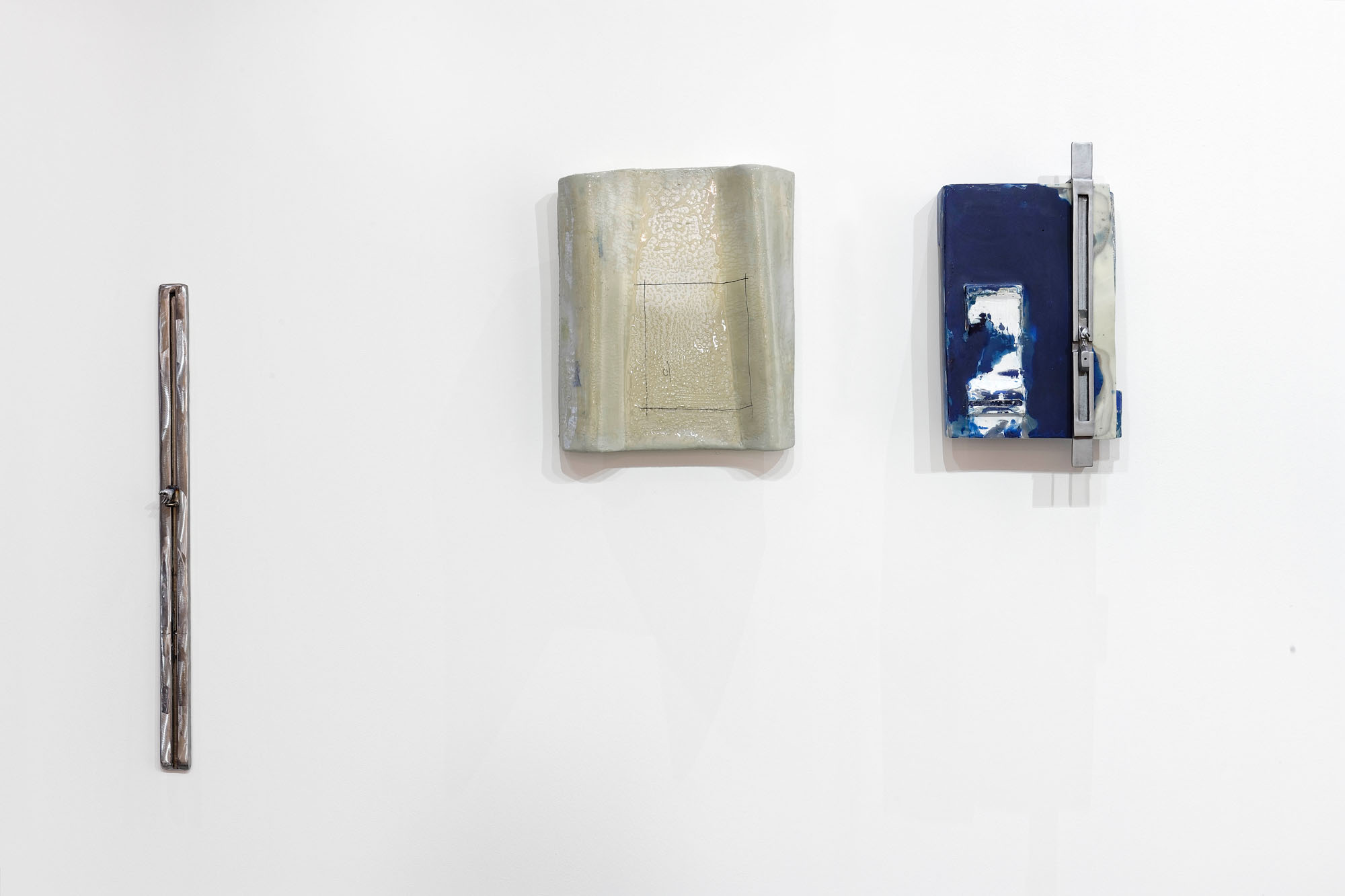
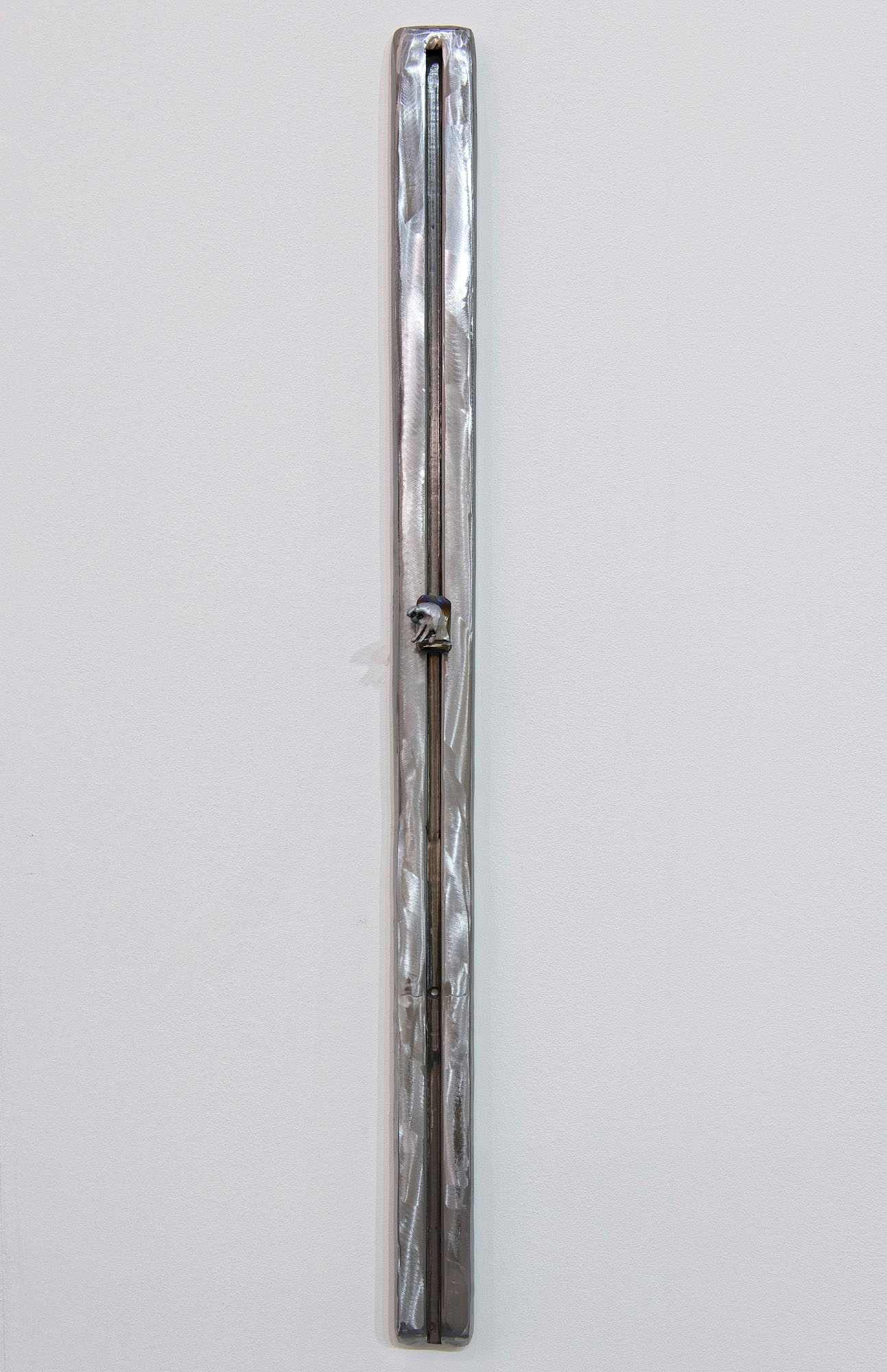
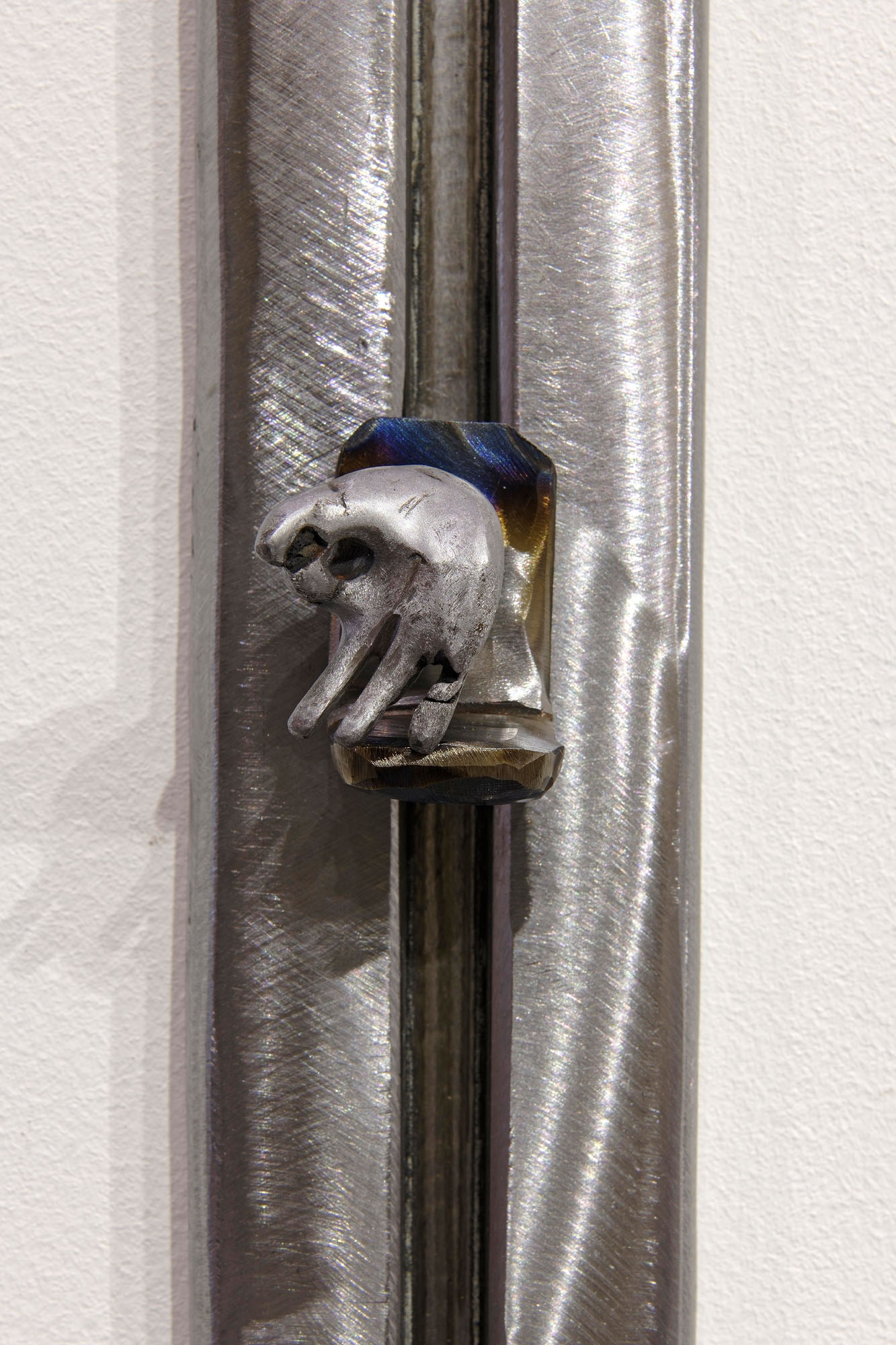
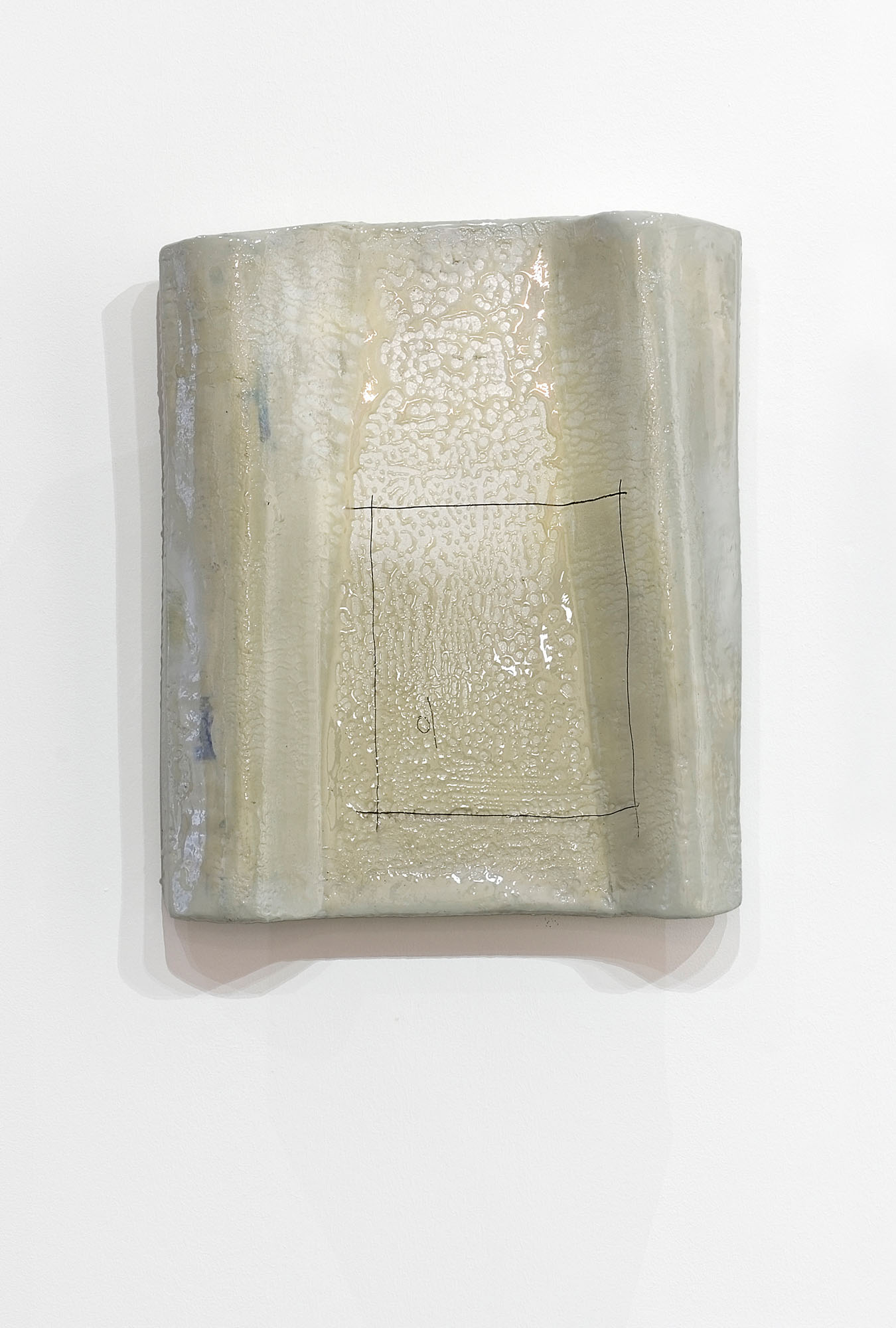
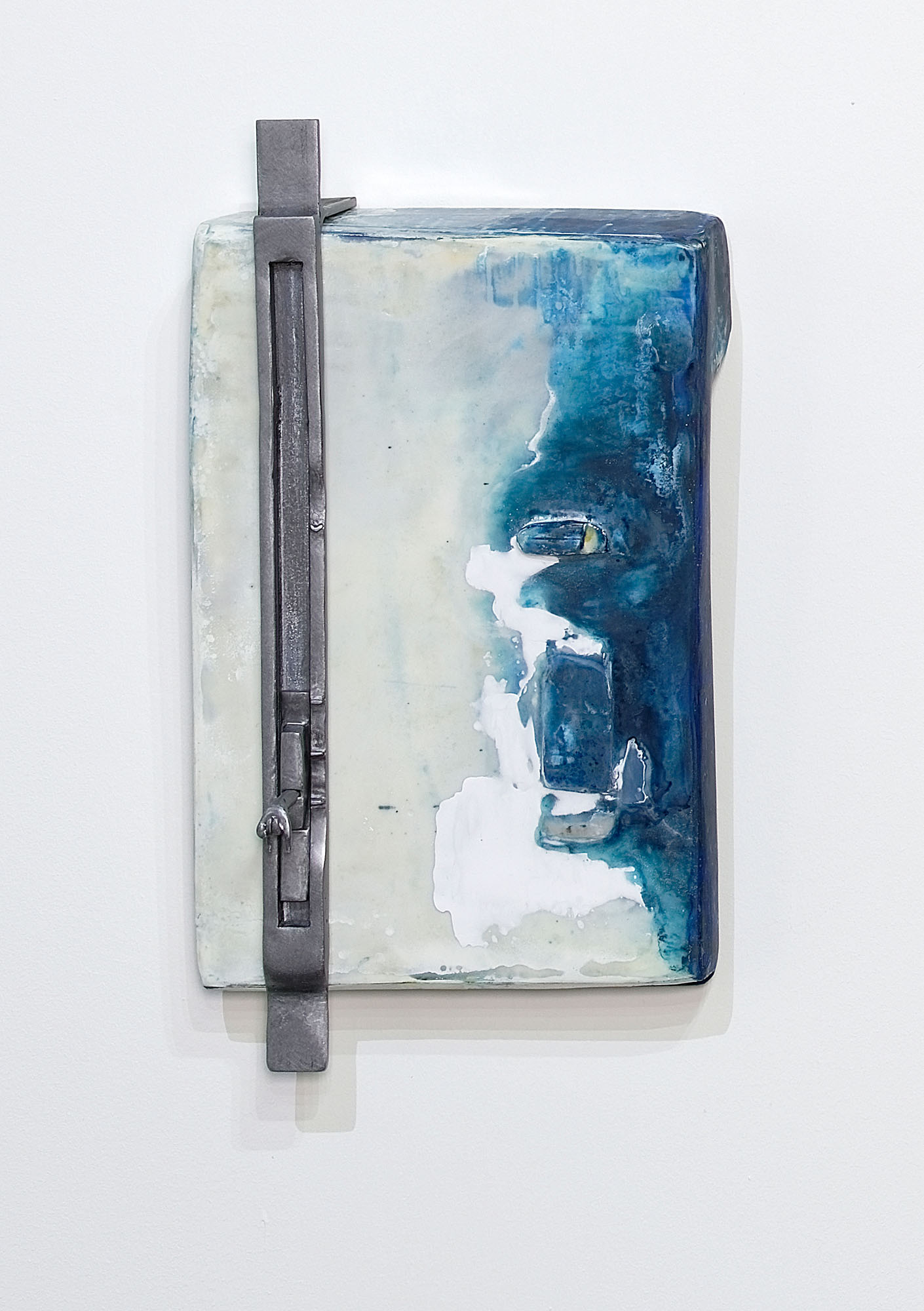
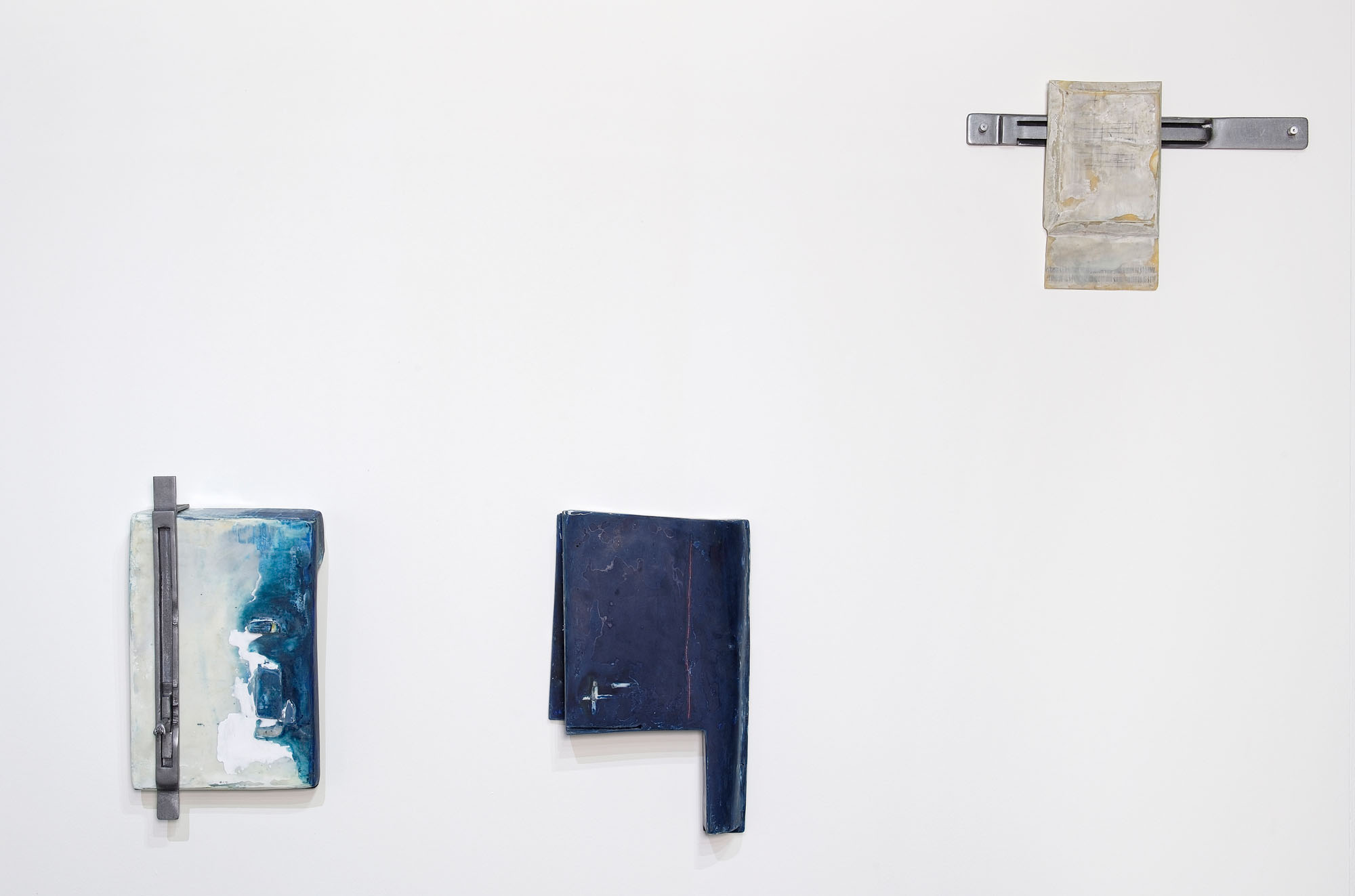
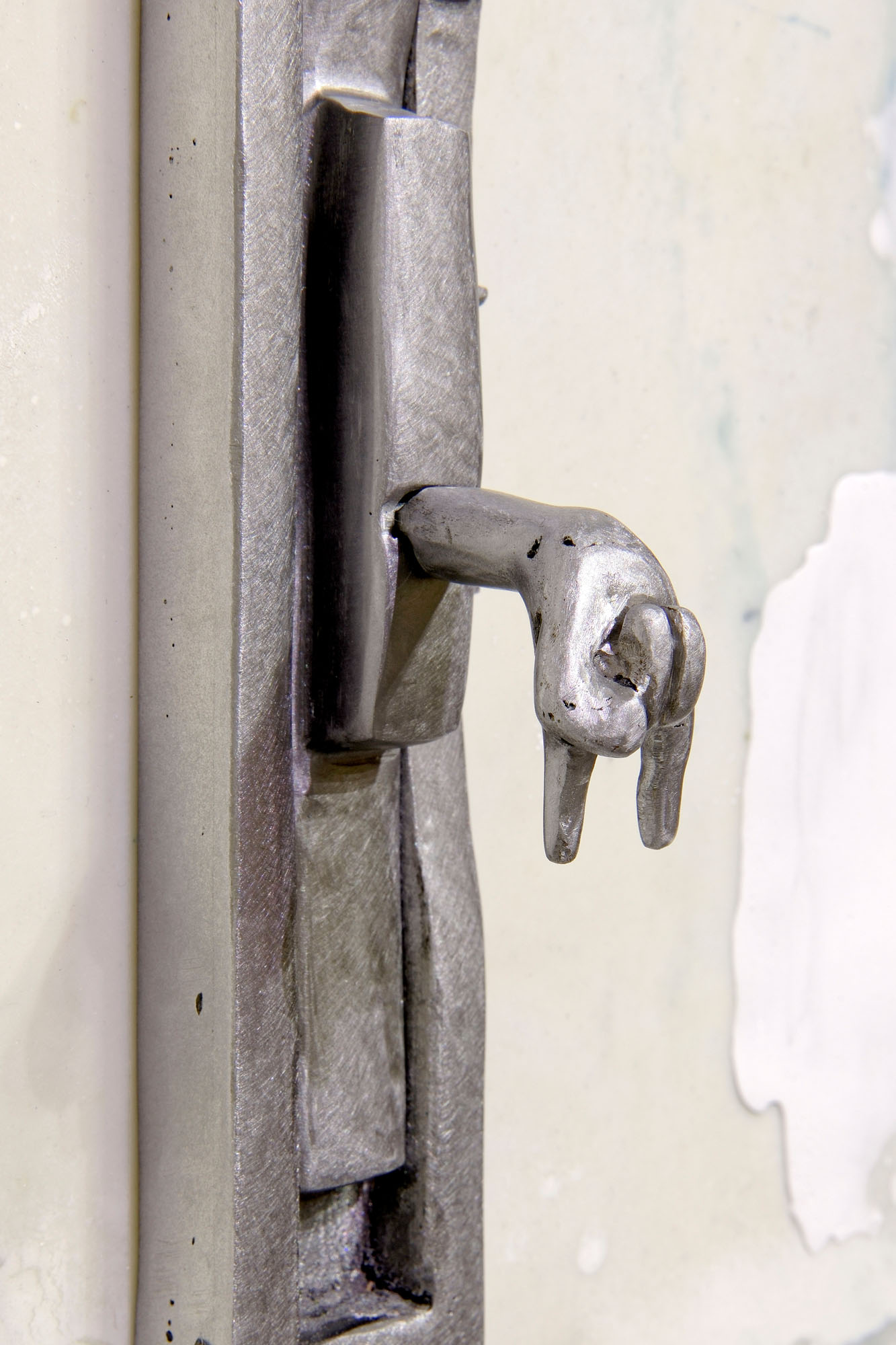
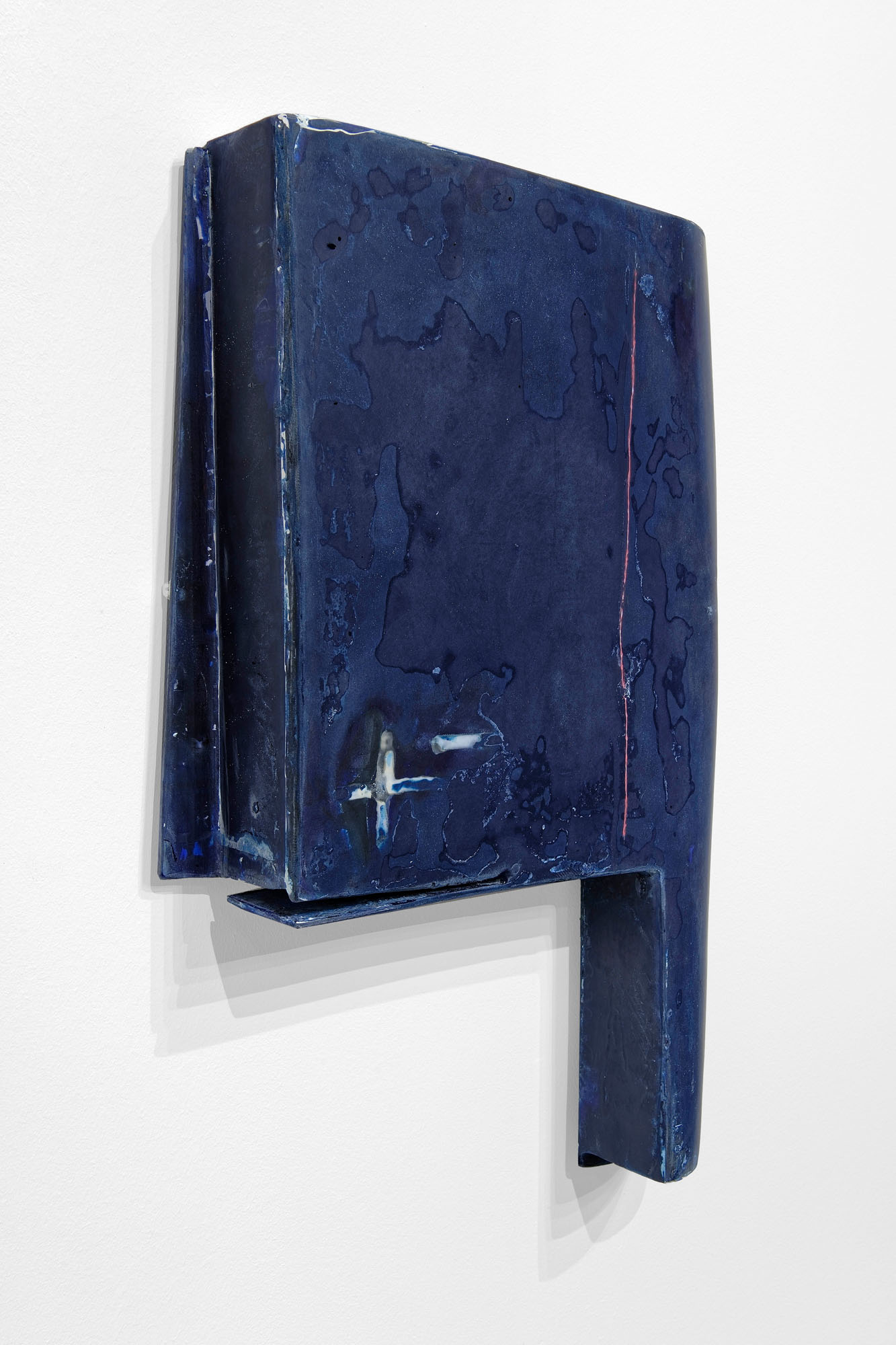
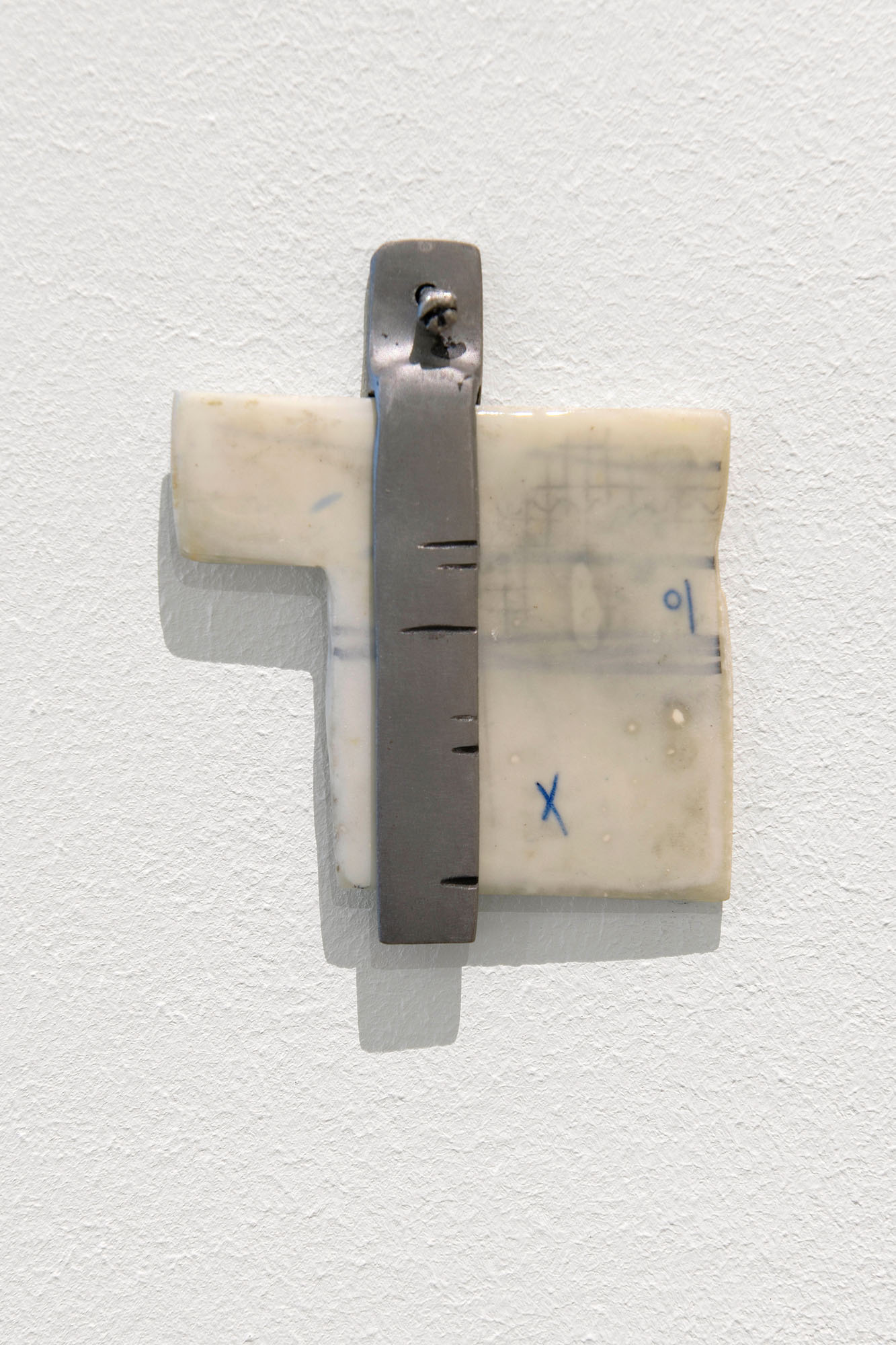
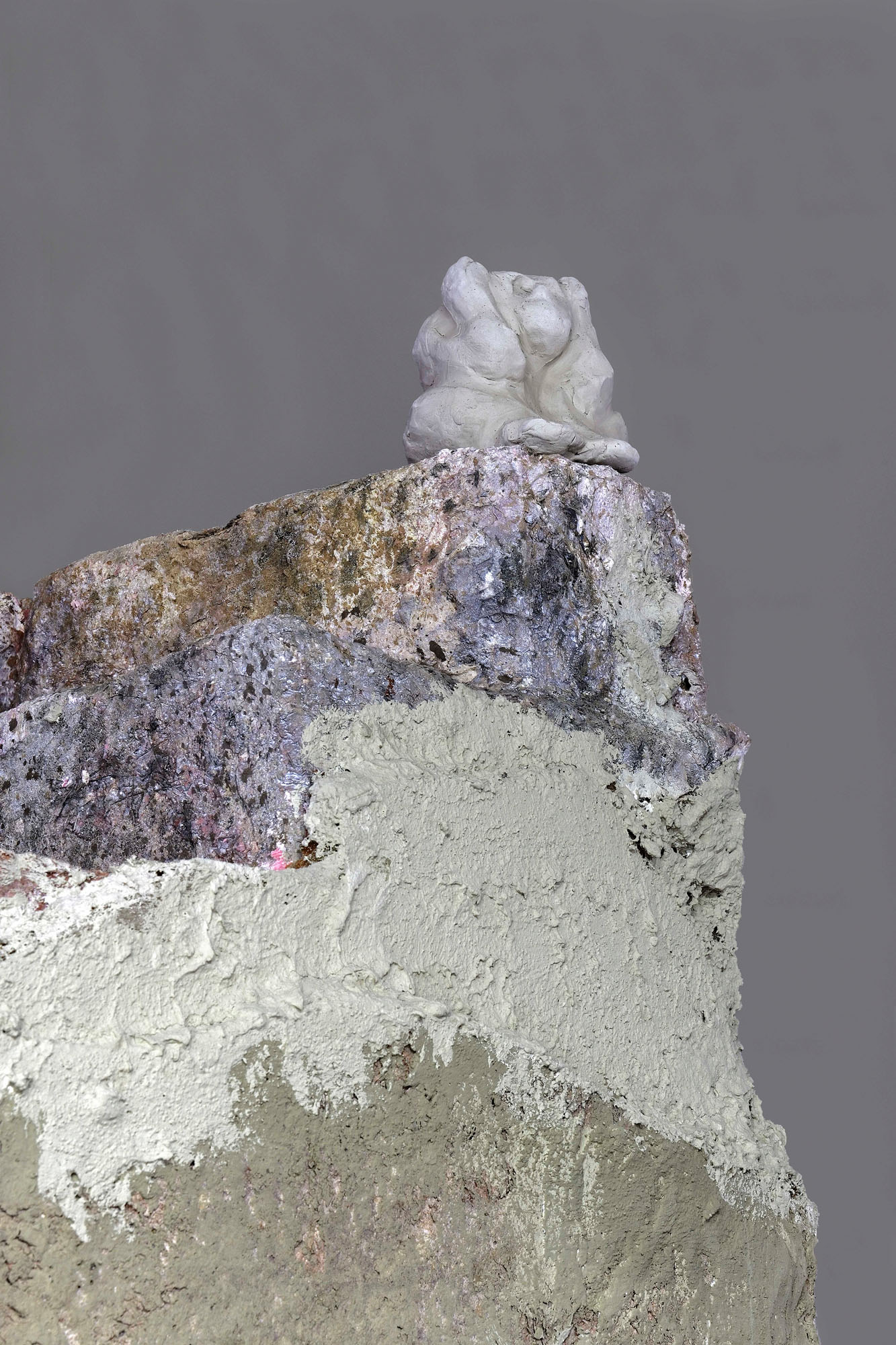
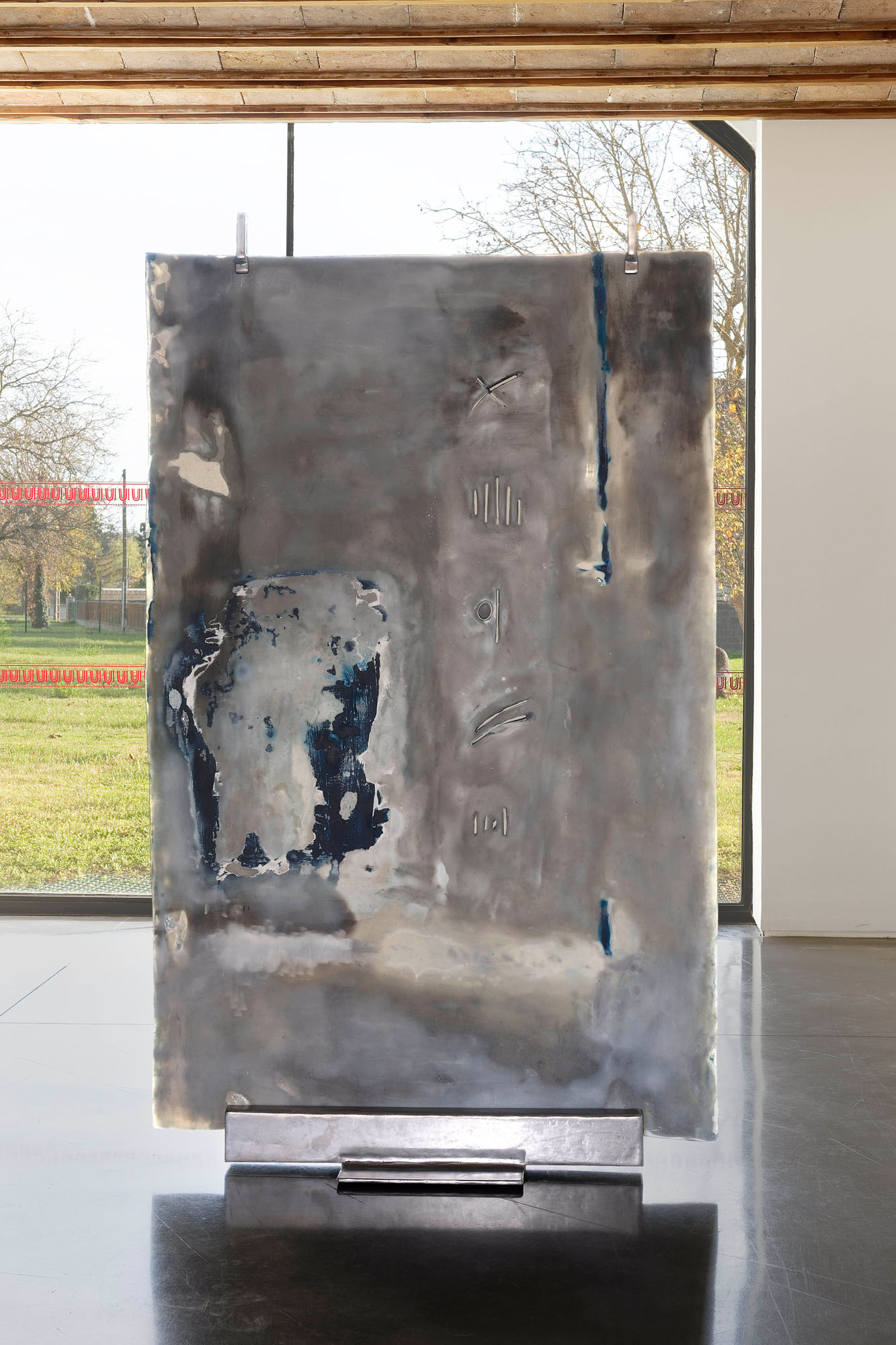
OFLUXO is proudly powered by WordPress
